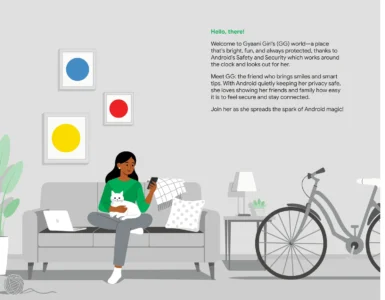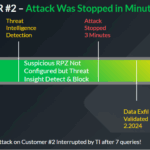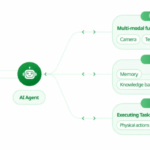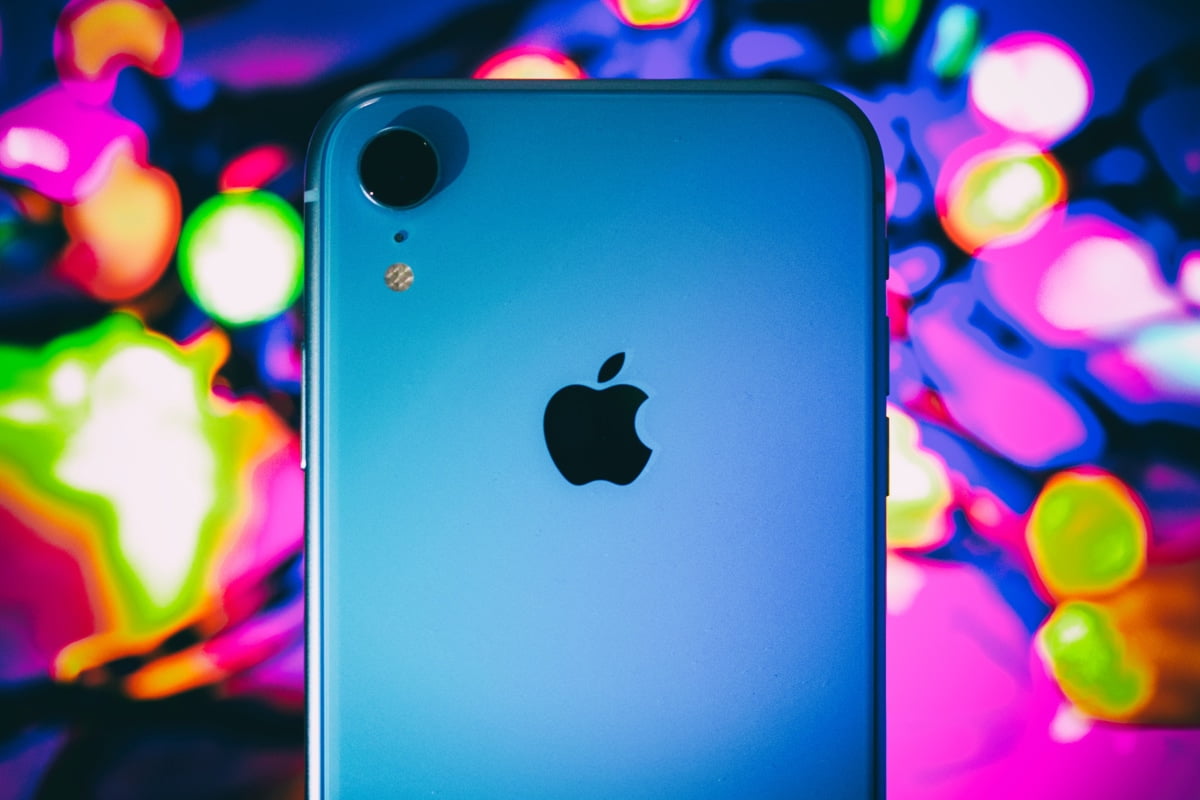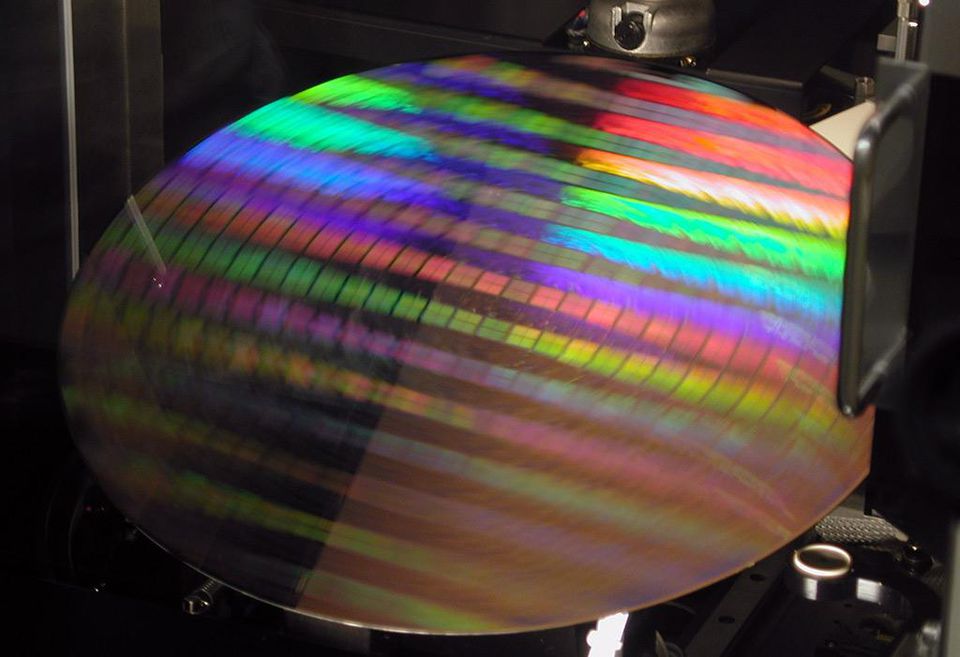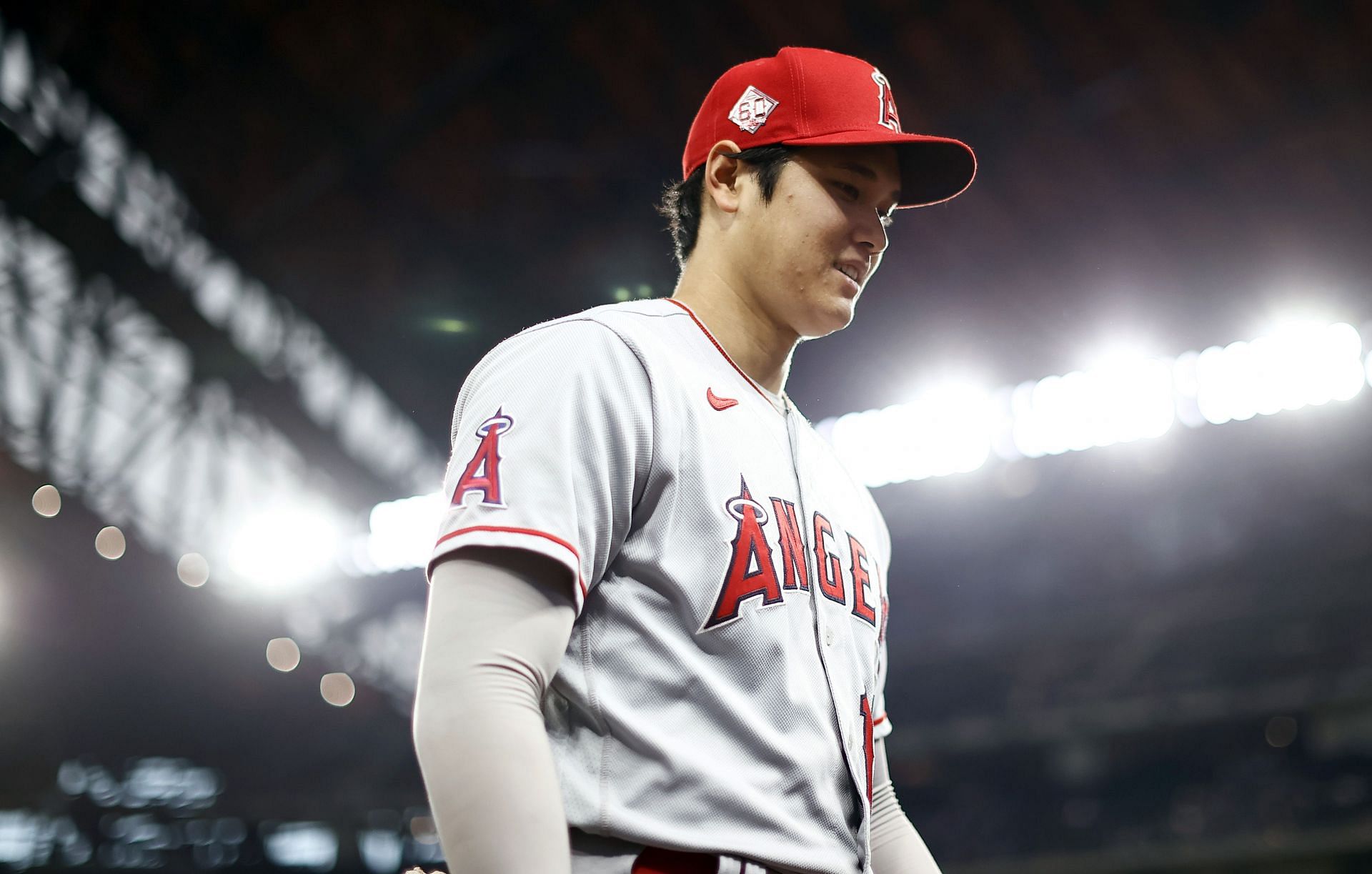
When Shohei Ohtani takes a seat on a shaded bench to await his turn in the batting cage at Los Angeles Angels spring training, the feeling is like a restaurant when a movie star is escorted to a table. Everyone pretends not to notice, but the mood in the room is suddenly giddy.
An All-Star pitcher who hits 46 home runs will do that.
Ohtani is a baseball savant doing what has never been seen in Major League Baseball history. The last player to both pitch and hit at an elite level was Babe Ruth, a century ago. But the Bambino stopped pitching relatively early in his career to concentrate on hitting. And no one ever called Ruth fast. Ohtani, the unanimous American League MVP, stole 26 bases last year.
And look at the guy. Baseball’s savior has the body of a Marvel superhero and plays with the joy of a child. In practice, when Ohtani laughs muffing a grounder, what carries across the infield could be the giggle of a cartoon mouse.
The start of any new baseball season brings hope, and baseball has never needed it more. Opening Day this year, April 7, comes as the so-called national pastime struggles with its declining cachet in America. The game has grown too slow—the average affair runs as long as Ghandi, more than three hours—and a bit stale, with a preponderance of home runs and strikeouts robbing its incremental drama. This offseason was dominated by a frustrating 99-day lockout that threatened to deprive fans of two great attractions: Major League ballparks freed from pandemic capacity restrictions at the start of the season, and a Japanese-born phenom building off a 2021 season that galvanized everyone but him.
“To be honest, I’m not impressed with what I did personally,” Ohtani, 27, tells TIME. His earnest eyes betray no false humility. “I think it was nice to have a good season, but what’s more important is continuity,” he says. “In that sense, this year is very important.”
Ohtani’s extraordinary talent may contain the power to redeem not just baseball but also other data-driven sports that have superseded it in the American imagination. He single-handedly upended the received wisdom that excellence can flow only through slavish devotion to a single discipline: pick a sport, then a position, ideally before turning 8, and stick with it. A player who can throw a 100-m.p.h. pitch in one inning, and in the next hit a homer that leaves his bat at 110 m.p.h. challenges the tyranny of “analytics”—shorthand for the increasingly obscure metrics (DRS, WAR, FIP, etc.) that drive trades, salaries, attention, negotiations, wagering, and, some would aver, a lot of the joy from sports.
“With numbers,” says Angels manager Joe Maddon, “it’s almost becoming a socialistic version of sports, baseball especially. We all want the same thing, with the same player to be built the same way, doing the same things. We keep subtracting the human element. The whole world’s into specialization, and that’s why it’s becoming a little bit more boring. Our cars are all the same color!”
Maddon, who hails from “the liberal arts school of baseball—I want it all,” presided over the 2016 championship run of the long-benighted Chicago Cubs, who drew attention “like the Beatles.” Yet more people in the U.S. seem to obsess over football and basketball. “The thing that bothers me as much as anything: We’re not talked about as a national pastime anymore,” Maddon says. “Players can change that. But you have to permit them to be charismatic. You have to permit them to be great.”
That’s what the Angels did with Ohtani last year. He responded by recording 156 strikeouts on the mound and driving in 100 runs (the 100th was that 46th homer). He hit eight triples, tied for best in baseball, and swiped those 26 bases.
No one had ever done all these things in one season. And Ohtani did them with a quality—a lightness—that belies his size (6 ft. 4 in., 210 lb.) while reminding one and all that what’s being played here is, after all, a game.
“I don’t feel pressure that much,” Ohtani says of the season ahead. “I feel more excited.”
Ohtani was born and raised in Oshu, a small city in northern Japan where both his parents played on sports teams—dad, baseball; mom, badminton—sponsored by the local Mitsubishi plant, where his father worked. His father also coached baseball. “I only played on weekends, and I really looked forward to weekends,” Ohtani says, recalling his dismay when teammates took a loss hard. “I didn’t understand why they were crying, because I was just having fun. I remember that clearly … I was not practicing hard enough nor serious enough to feel upset about losing.”
That would change. By age 18, Ohtani’s fastball had been clocked at 99 m.p.h. and he was growing into the body of a power hitter like Hideki Matsui, the star New York Yankees outfielder whom he grew up watching. Japan’s top prospect in 2012, Ohtani was intent on accepting an offer from a U.S. team when the Hokkaiddo Nippon-Ham Fighters persuaded him to remain in Japan for the years he’d have to spend in the minors. Among the enticements: the Fighters would let him both pitch and hit.
“I feel like it brings out my unique rhythm,” Ohtani says. Had he opted to head to the U.S. from high school, “I would have probably been a pitcher, because most of the teams valued me as a pitcher.” Instead he spent five years as Japan’s marquee player, then signed with the Angels. The trajectory appeared set. Ohtani singled in his first at bat, won his first start on the mound, and was voted 2018 Rookie of the Year. But then he had elbow surgery; he was off the mound in 2019, and he felt “pathetic” at the plate. The next season was shortened by the pandemic. All the while, “the Ohtani rules”—restrictions imposed by the Angels’ then management, which barred him from the lineup on days before or after he pitched, to rest his body—limited his production.
Those rules were discarded for 2021. It was a bold move in an era when “load management” is all the rage, managers yanking pitchers early in games for fear of taxing their arms, basketball teams sitting stars for entire games to preserve them for the playoffs. But Maddon and Perry Minasian, the new general manager at the time, say no one knows better than Ohtani what he’s capable of.
“There’s some guys that have a natural born instinct for what they do,” says Maddon. “You get to pitch as many innings as you want to, throw as many pitches as you need to. And when you need a day off, tell me. I’m not going to tell you.”
“I tease him about how programmed he is: ‘I eat at this time. I stretch at this time,’” says Minasian. “That’s not just during the season. I think he understands his work ethic. He’s really, really intelligent, picks things up quick, can make changes. His awareness is a different level.”
Ohtani was not only gratified to be able to resume the cadence that had become natural to him. Hitting even on days he pitches “helps mentally too,” he notes. “Sometimes I cannot hit or pitch well, but the next day I have an opportunity to make it up as a hitter, which is a good thing.” Baseball even instituted a new rule this season, effectively designed to keep Ohtani on the field as long as possible. When starting pitchers who bat for themselves—with the institution of the universal designated hitter this year, that’s basically Ohtani—are taken out of a game, they can stay in the lineup as the DH.




